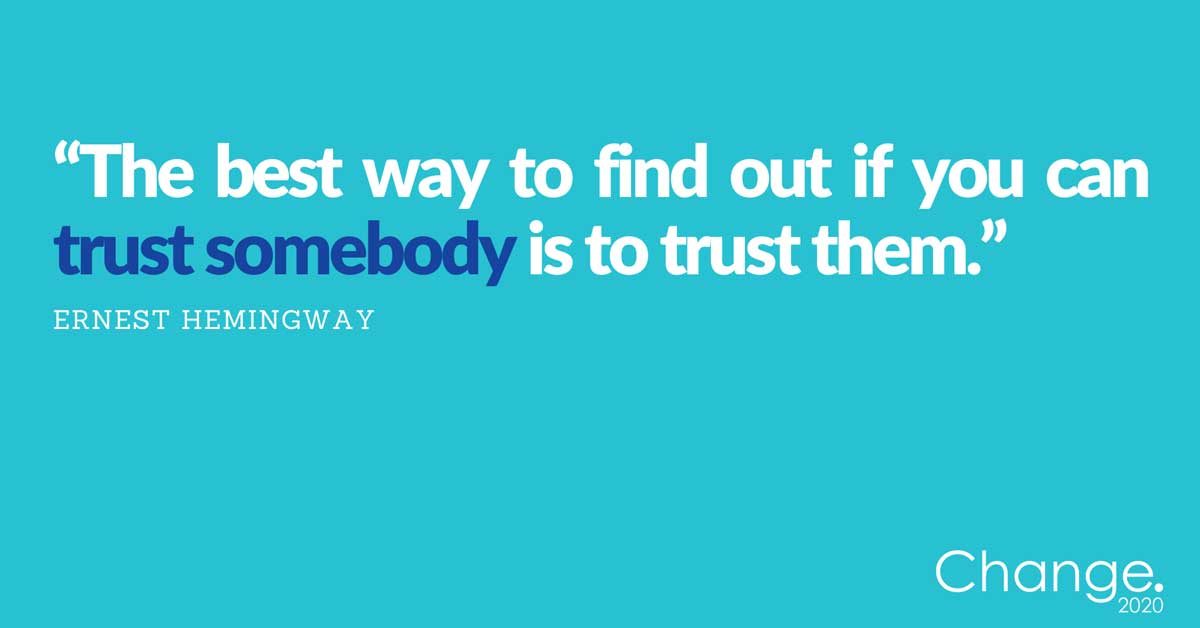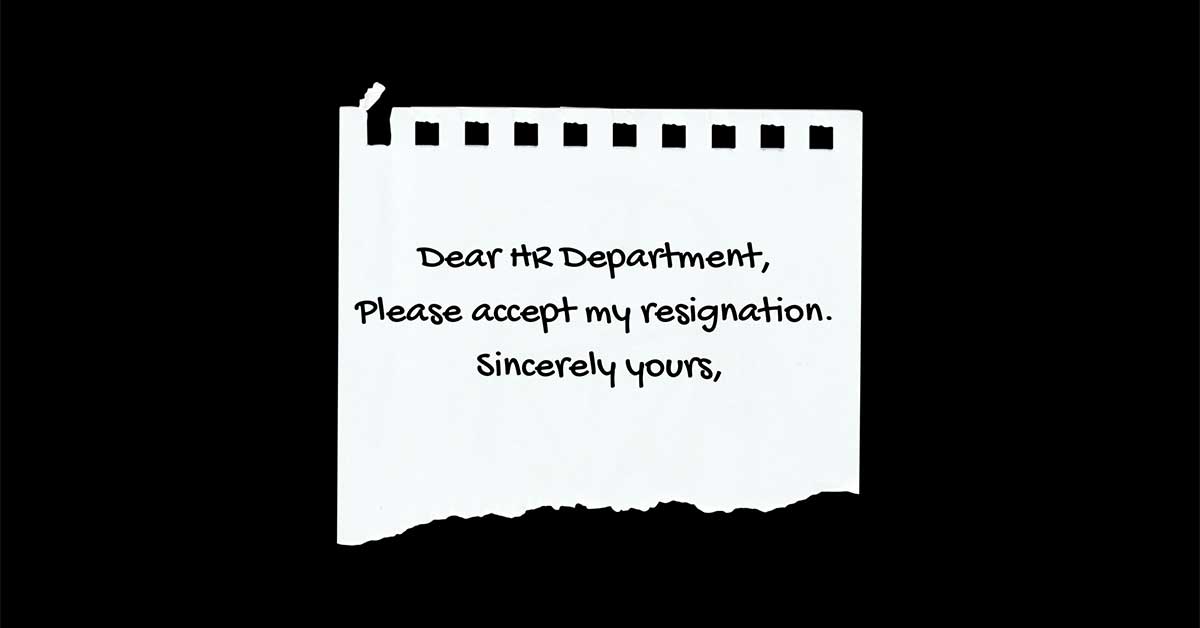The concept of Power – positional vs personal power has been a hot topic recently in Change2020’s coaching sessions as the hybrid working model has become the new norm and our sense of uncertainty prevails. Remote working has the potential to present challenges to those who rely on positional power. Our virtual workplace has proven to be a great ‘leveller’ – we are all stuck at home, we are all juggling the craziness, none of us are wearing our flash suits and sitting in our ‘office with a view’.
Maree Gardner, Principal Consultant with Change2020, observes that positional power more often seems to occur in more traditional, hierarchical organisations. She outlines what happens when this power dominates:
Businesses where this type of culture is present are more likely to see mediocre outcomes as opposed to great ones; they may also experience greater inefficiencies due to conflict; and they also experience staff performance that tends to just scrape in with the bare minimum. Why this happens, is simply because people don’t thrive or respond well to positional power.
Maree Gardner
Both positional and personal power are about trust, and trust is key to remote working. In a recent Harvard Business Review article, it states that for managers, their main job is to heed Ernset Hemingway’s advice, which is: “The best way to find out if you can trust somebody is to trust them.”[1] And personal power extends this concept to beyond merely doing the job but invokes for managers that just because they cannot see their people does not mean they do not trust them. They know that they can still influence, inspire and lead their people using their ‘style’ as opposed to their ‘power”.
In this first part of our series on Leadership, we break down and explain the difference and impact of personal and positional power. Also importantly, we discuss how leaders and aspiring leaders can start the journey to develop greater personal power.
The Different Powers
Positional power is where leaders use their authority derived from their position in an organisation’s structure and hierarchy to direct or command their staff. Personal power is the ability of managers and leaders to influence people and events with or without the formal authority of a position title or hierarchy.
So what does personal power look like?
Leaders with personal power demonstrate behaviours which enhance their effectiveness and support them in building high-performing cultures. In some of our recent articles, we have discussed much around the importance of resilience in the workplace – and here again leaders’ psychological resilience, their sense of self and self-awareness is strengthened by personal power.
Brene Brown broadens the concept a little when she talks about ‘power over’ as compared to ‘power with/to/within’ and explains the difference by stating that: “What makes power dangerous is how it’s used. Power over is driven by fear. Daring and transformative leaders share power with, empower people to, and inspire people to develop power within.”[2]
With great power, comes great responsibility
There is considerable research to support that for a leader to improve their team and performance, they first have to work on themselves. The research shows that a key skill that leaders need to learn to master is being personally accountable.[3] In the words of another very wise man, Spiderman, he states “That with great power, comes great responsibility.” Leaders with a good sense of self are equipped to take responsibility for when things go right and for when things go bad.
Nobody’s perfect
Leaders with a strong sense of personal power also recognise that they are not perfect – they know what they are good at and what areas need work [4]– but that each day, they are doing the best they can to show up in excellence. A mindset that comes from personal power accepts the inevitability of mistakes and embraces the lessons that come from failing and then moving forward.
The importance of SHARING Success
Another very important element of personal power is the ability of leaders to share the praise for successes as the results of team efforts, without trying to shine a light on themselves. It is so important for leaders to promote that the positive outcomes achieved result from the collective efforts of ALL of the team. In an HBR article Ego is the Enemy of Good Leadership[5], it talks to how “an inflated ego makes us susceptible to manipulation; it narrows our field of vision; and it corrupts our behaviour, often causing us to act against our values.” The article refers to the need of breaking free of an inflated ego and recognising that leadership roles require selflessness, reflection, and courage.[6] Selflessness can also help leaders to push their team to the front to receive ALL the accolades – and they as leaders are absolutely fine with that.
It is the comfort in one’s own skin and self-awareness that is at the foundation of real leadership power, not from your title on your door or the corner office. Remember that it is not your position in the company that will energise your people – and sure they may obey your positional power, but it is your personal power that they will be inspired by.[7]
Bringing personal power to your leadership is the difference between mediocrity and greatness. We will explore more guidance and tips on how to build personal power and the positive impacts you are likely to see in your organisation in our next article – we hope you join us then.
[1] https://hbr.org/tip/2020/04/trust-is-even-more-important-when-youre-working-remotely
[2] https://brenebrown.com/wp-content/uploads/2020/10/Brene-Brown-on-Power-and-Leadership-10-21-20.pdf
[3] https://hbr.org/2019/01/to-improve-your-team-first-work-on-yourself
[4] https://www.mckinsey.com/featured-insights/leadership/the-ceo-moment-leadership-for-a-new-era
[5] https://hbr.org/2018/11/ego-is-the-enemy-of-good-leadership
[6] https://hbr.org/2018/11/ego-is-the-enemy-of-good-leadership
[7] https://brenebrown.com/wp-content/uploads/2020/10/Brene-Brown-on-Power-and-Leadership-10-21-20.pdf




